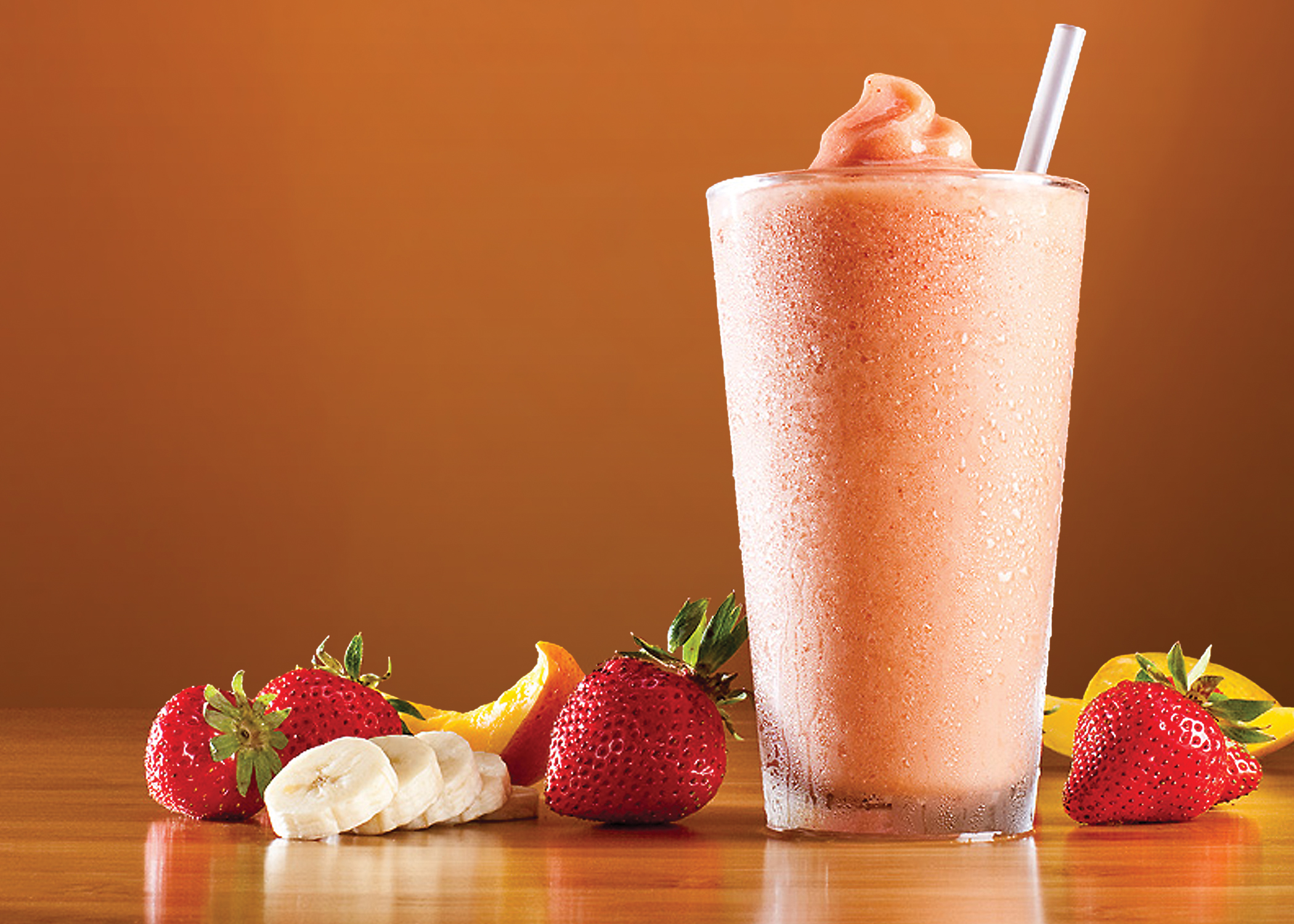
During Ramadan minerals and vitamins decrease in the body. This causes dehydration and to avoid it one should have more fruits in their diet during the non-fasting hours.
Fruits are very beneficial for the body and if had with milk as smoothie they become a complete meal. The recommended amount of drinking water is 8-10 glasses per day. In Ramadan it will be a digestive challenge to drink vast amounts in short periods, particularly after breaking the fast. This water shortage can be avoided by having 2-4 juicy fruits per meal or by drinking fruit smoothies. Summer fruits which are in season now are the best choices for this fasting month.
Fruits like watermelon are 92 per cent water and it is packed with rehydration salts like magnesium, calcium, sodium, and potassium. So it can hydrate more effectively than water. Cantaloupes are also exceptionally good fruit for supporting energy production and for the ability to keep the blood sugar stable.
Oranges are sweet and packed with 100 per cent daily recommended value for vitamin C with 87 per cent water. Grape fruits contain only 30 calories and the detoxifying limonoids (phytochemicals found in citrus fruit) in them are found to inhibit cancer tumours.
Strawberries are 92 per cent water and are ranked as 4th strongest antioxidant fruit. Berries like raspberries and blueberries are peak during summer and they clear the arteries and regulate blood sugar.
Figs are the summer beauties which are widely consumed during Ramadan. They are known to lower blood pressure, improve digestion; help with weight loss and reduce blood sugar. As one of the world’s healthiest foods they provide the fibre and energy to keep moving.
Grapes are filled with water and are known for extremely high content of Resveratol, a substance that acts as an antioxidant and is heart friendly.
Coconut water is an excellent drink during Ramadan. It has relatively low sodium and carbohydrates content and tastes dry but refreshing.
Eating pineapple after the meal will improve digestion because of bromelin and it has lots of anti inflammatory compounds.
Mangoes are the king of fruits, they provide 135 calories, and are rich sources of vitamins A, B6 and C, plus fibre.
These fruits can be taken raw or as fruit smoothies. Fruit smoothies can be used as a full food without any side effects.
During Ramadan fruit smoothies fulfill the nutrition requirement of our body and save from dehydration as well as from several types of diseases.
Fruit smoothies help in the growth of body muscles and bone development. They improve our body’s protection system against different types of bacteria and most importantly help the fasting body to regain strength and energy during Ramadan.
— The writer is diet consultant at KIMS Oman Hospital
Mixed Fruit Smoothie
Ingredients
• Half cup pineapple
• Half cup mixed berries (blueberries, strawberries, raspberries)
• Four tablespoon plain yoghurt
• One banana
• Two scoops strawberry protein (substitute vanilla, banana, fruit flavours)
• Two tablespoon milled flaxseed
• One to one and a half cups almond milk
PREPARATION
• Put the pineapple, mixed berries and yoghurt inside the blender. Then add banana, the protein and flaxseed, and pour the almond milk on top of that and blend till smooth. If you want a thick smoothie ensure that it stays as it is. For a finer consistency add chilled water or ice.
—Courtesy of Artipot